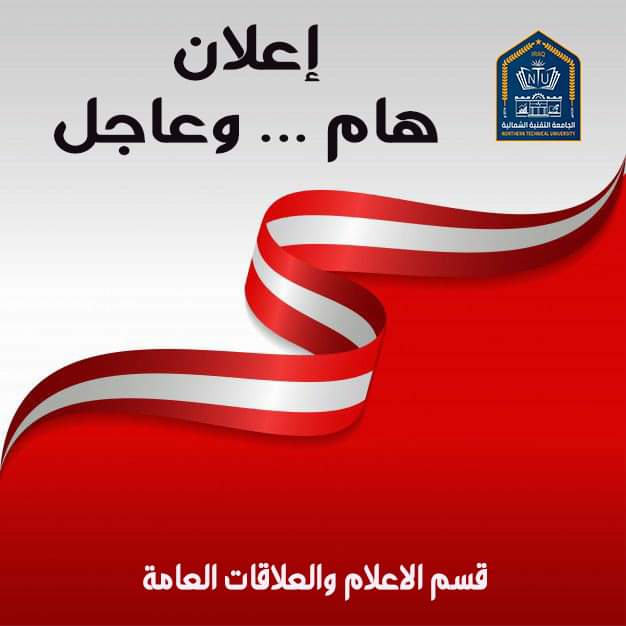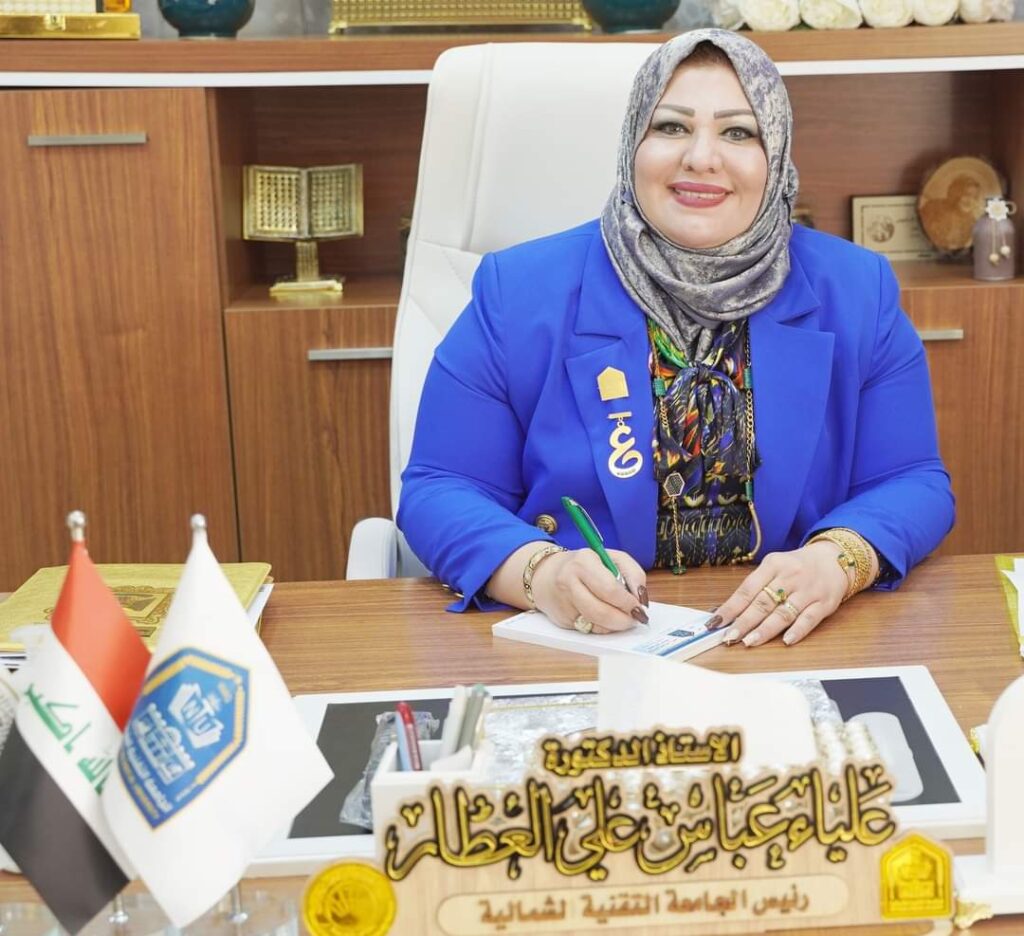The master’s thesis at the Technical College of Engineering – Kirkuk, presented by the student Twana Salam Taha, discussed (Change detection and urban growth analysis with integrated decision-making in CA Markov in geospatial assessment)
The study dealt with:
Integrating remote sensing data, geographic information systems and statistical modeling techniques to analyze historical land use patterns and predict future urban growth dynamics. The CA-Markov model combines a cellular automata approach to simulate land use changes based on transition probabilities derived from Markov chains. In addition, a suitability analysis is performed to identify suitable sites for urban expansion
Using the analytical hierarchy process method based on different social, economic and environmental factors.
The thesis aimed to:
Develop a comprehensive framework for predicting urban growth using the Cellular Automata-Markov (CA-Markov) model that integrates suitability analysis with the impact of land use and land cover change on urban heat island density.
The researcher reached:
A set of results Based on these results, the study conducted a detection of the change in land use and urban area between the years 2001, 2011 and 2021. Through this process, it became clear that urban growth has grown very rapidly, as the urban growth rate in 2001 reached (38.14 km2), in 2011 (94.51 km2), and in 2021 it will be (129.10 km2). Pairwise hierarchical analysis comparisons revealed that the weight of distance from road was (0.2394), distance from urban area (0.3590), distance from river (0.1211), slope (0.1364), distance from bare land (0.0912), and distance from vegetation (0.0529). By predicting urban growth using CA-Markov model-based suitability analysis in Idrisi program, it was determined that the urban area will be (165.70 km2) in 2031 and its growth will reach (192.10 km2) in 2041. The result of the validation model was 0.7661 which was calculated in the criterion more than 0.75 as very good accuracy. The result of urban heat islands was by extracting the land surface temperature for three different years and comparing it with land use and land cover for three years.
The discussion committee consists of the honorable professors
1_Prof. Ryan Ghazi Dhnoon – Chairman
2_Prof. Dr. Fawzi Mardan Omar Member
3_Assistant Professor Dr. Muntadhar Aidi Sharif Member
4_Prof. Dr. Najat Qader Omar Member and Supervisor

